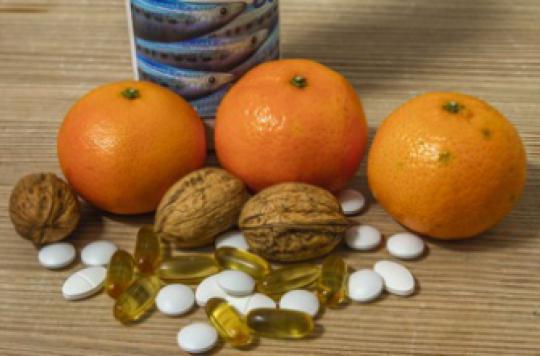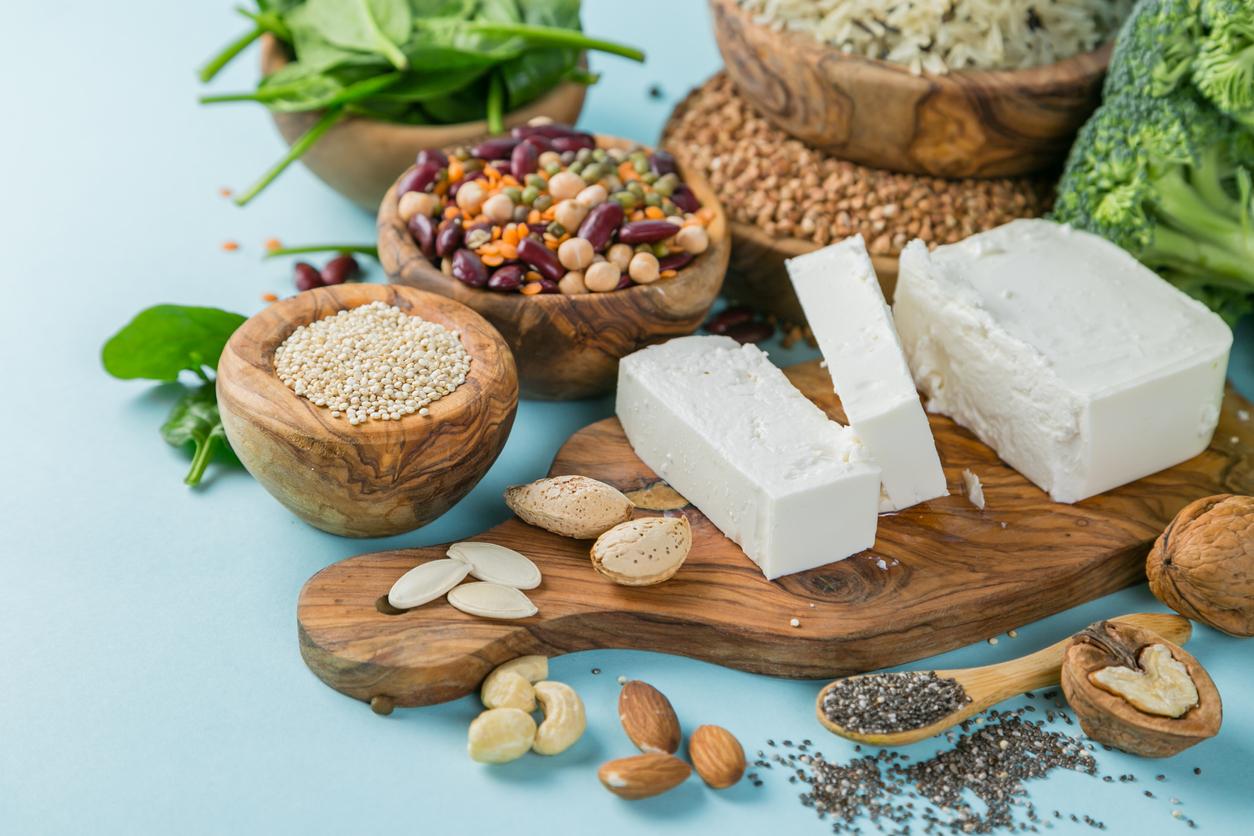According to INRA, the stakes between nutrition, health and well-being become more important as we get older. These researchers are interested in the mechanisms of aging on which diet plays a role.

Today, a fifth of the population is over 60 years old. The question is not only whether these seniors will live long, but whether they will age in good health. So, a question arises: how to prevent the appearance of age-related disorders which can tip the elderly into addiction? This is the question asked by researchers from the National Institute of Agronomic Research (INRA). To answer it, these scientists were interested in the mechanisms of aging on which food can intervene.
Polyphenols: fruits and vegetables to protect the skeleton
Among them, polyphenols, molecules contained in many fruits and vegetables, can come to the aid of patients with osteoporosis. A pathology considered to be a major public health problem because it affects 3 million women in France. It is linked to the aging process and results in weakening of the skeleton and therefore numerous fractures. About 145,000 per year.
As part of a prevention strategy, these researchers have succeeded in showing that fisetin, a polyphenol contained in red fruits, helps maintain the health of bone tissue.
Another study carried out on the components of the olive made it possible to develop a natural product which has been clinically recognized to fight effectively against osteoporosis. This is Bonolive®, a polyphenolic extract concentrated in oleuropein and marketed as an ingredient for manufacturers.
Vitamin A and Omega 3 for a healthy brain
In addition, to protect the brains of seniors, INRA recommends vitamin A and omega 3. Food is indeed one of the new avenues of research for “aging well” of the brain.
As proof, Inra has demonstrated in several studies the importance of nutritional intake of vitamin A and omega 3 in maintaining cognitive functions in elderly subjects. Specialists have studied the effects and modes of action of these nutrients on the brain and their protective activities against age-related cognitive decline.
For example, vitamin A can be used to fight memory loss, and omega 3 to reduce cognitive impairment. The latter are found in oily fish or certain oils such as walnut oil and rapeseed oil. In addition, a recent study showed that dietary supplements improve memory performance and may thus modulate cognitive impairment associated with aging.
Conversely, insufficient consumption of omega 3 has consequences on the ability of the aged brain to replace its fatty acids in the brain. Result, “in a nutritional prevention approach aimed at maintaining a satisfactory cognitive state in the elderly, it now seems essential to increase the research effort in favor of a better definition of the recommended intakes for these nutrients. for the senior population ”, conclude the INRA authors.
.















